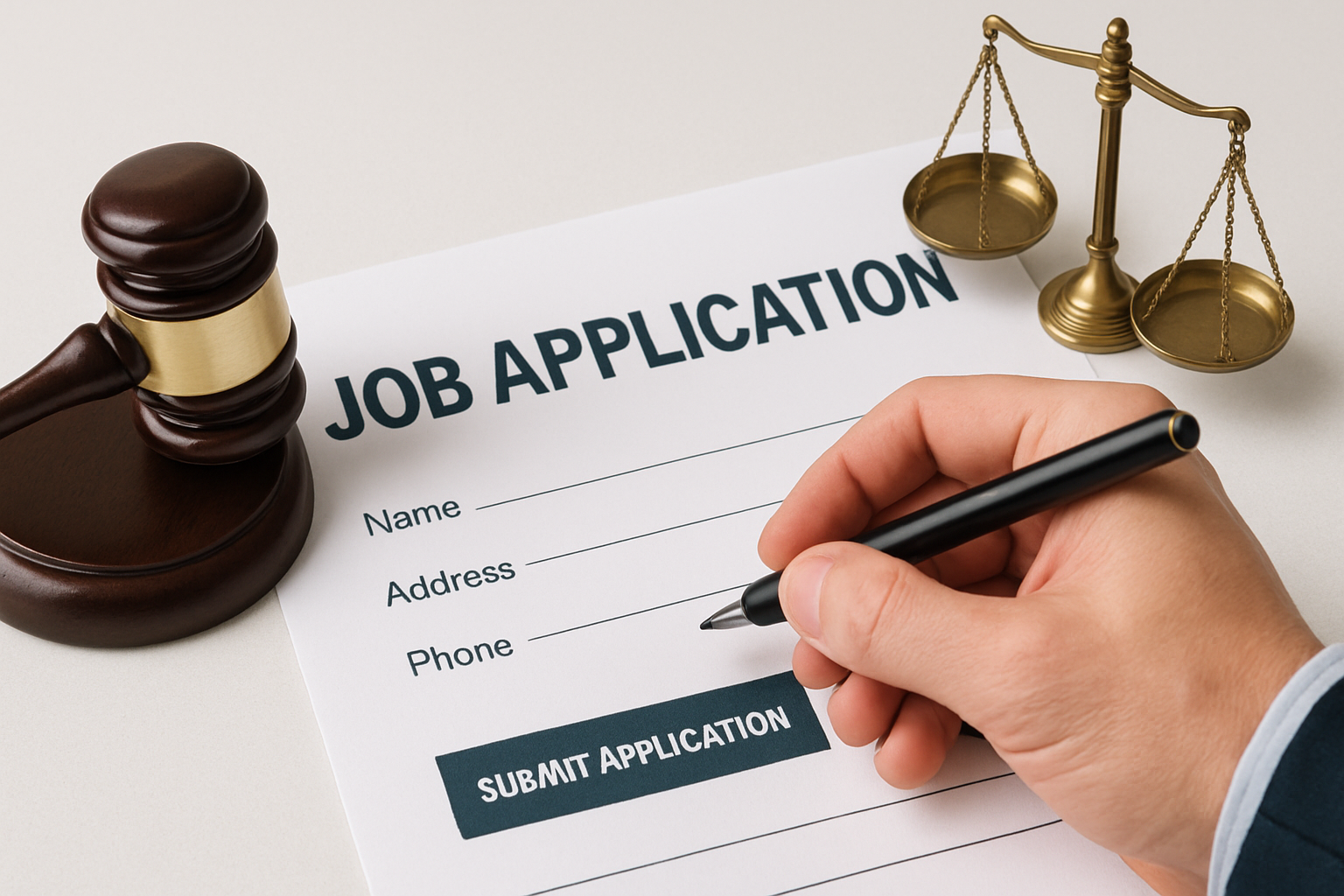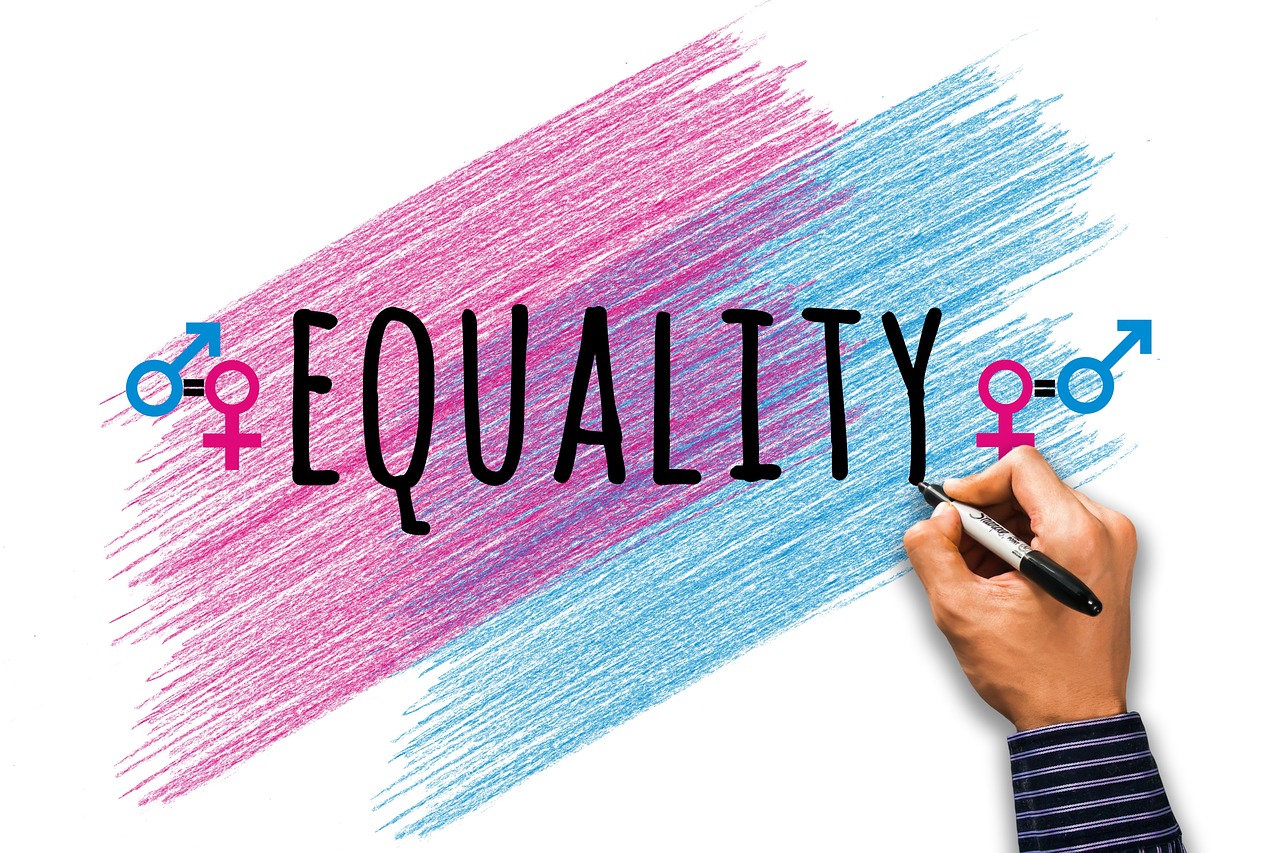Illuminating Equity: Deciphering the Complexities of Ethnicity Pay Reporting

In the realm of workplace parity and transparency, the gender pay gap has been a central concern for years. However, when it comes to ethnicity pay reporting, the landscape takes on a distinct hue. While statutory requirements mandate organisations with over 250 employees to disclose gender pay gaps, the pathway of ethnicity pay reporting remains uncharted, leaving many to ponder the intersections of accountability and parity.
Revealing Disparities
In 2019, the UK government released figures illustrating the earnings disparities among ethnic groups. These findings indicated that certain ethnicities, such as Chinese, White Irish, White and Asian, and Indian, earned a median hourly pay higher than their White British counterparts. In contrast, other groups including Bangladeshi, Pakistani, and Arab consistently earned less over the same time frame. The ethnicity pay gap varied across regions, with London reporting the largest gap at 23.8%.
In a separate report in 2022, People Management reported that the number of UK companies voluntarily reporting their ethnicity pay gaps had halved in a year, down from 129 in 2020 to 64 in 2021.
This intricate picture underscores the persistent challenge of pay equity.
The Dilemma of Mandatory Reporting
In response to calls from businesses, unions, and the Equality and Human Rights Commission (EHRC) for more comprehensive legislation on ethnicity pay gap reporting, the government recently addressed the issue and while acknowledging the importance of employers taking accountability for the issue, and publishing official guidance on potential voluntary measures which may be taken, the government decided against implementing mandatory ethnicity pay gap reporting. Citing the desire to avoid imposing additional burdens on businesses, they stated that “now is not the right time” for such an approach.
Guiding Lights in a Complex Terrain
In April 2023, relevant guidance was published, providing employers with detailed advice on a range of topics related to ethnicity pay reporting. This guidance covers areas like collecting ethnicity pay data, confidentiality considerations, calculation methods, reporting, and in-depth analysis to identify underlying causes of disparities. Emphasising an evidence-based approach, the guidance aims to empower employers to take meaningful action.
Backlash and Calls for Accountability
However, the government’s decision has not been without its critics. Professional bodies and organisations have expressed concerns that the absence of mandated reporting may inadvertently perpetuate systemic biases.
Lutfur Ali, senior EDI adviser at The Chartered Institute of Personnel and Development (CIPD), warns that ,“This decision not only disregards the insights and recommendations from professional bodies, organisations and experts for greater transparency and accountability in workplace inequalities, but crucially undermines the progress made by employers seeking to deliver wider equality, diversity and inclusion.”
Trades Union Congress (TUC) General Secretary Paul Nowak, who has called for the mandatory reporting of ethnicity pay gaps, said: “too often BME workers are paid less for doing the same job as their white colleagues. Ministers must take bold action to confront inequality and racism in the labour market. The obvious first step is mandatory ethnicity pay gap reporting – not just voluntary guidance. And alongside publishing the raw data, every employer should have to publish an action plan setting out how they will close their pay gap. That will really drive more equal workplaces.”
Whether you’re an employee concerned about potential pay disparities or an employer seeking guidance on implementing the government’s recent guidance, our dedicated team at Rahman Lowe Solicitors is here to help. We are committed to providing expert assistance and ensuring that both employees and employers navigate the intricate terrain of employment law with clarity and confidence.
Please do not hesitate to contact Rahman Lowe Solicitors at +44 (0)20 3950 5234 or info@rllaw.co.uk



